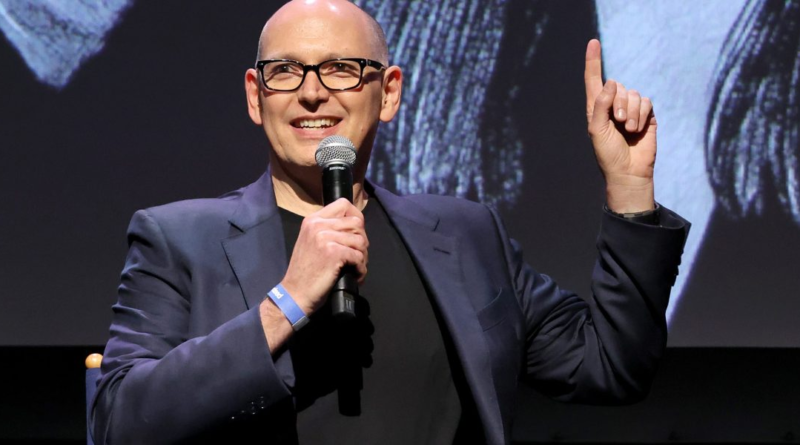Indeed’s CEO wants to create 'cyborg' recruiters that play to the strengths of humans and A.I.
Thanks to generative A.I. and large language models like ChatGPT, employers are able to produce slick job descriptions, scan through CVs, and find the best candidate at the flick of a button. For human recruiters, that means layoffs aren’t just a looming threat on the horizon.
Take the U.S.-based employment platform Indeed, for example. Earlier this year, the platform—which lists over 30 million positions in more than 60 countries—conducted its first-ever round of layoffs since its launch in 2004.
Chris Hyams CEO recently revealed to Bloomberg that its recruitment department was heavily hit by the layoffs, which saw 2,200 people (or 15% of its workforce) lose their jobs. “We cut almost nothing for our AI team,” he said. “We made bigger cuts in [recruitment].”
As technology advances, it won’t be long before robots are negotiating salary and perhaps even conducting face-to-face interviews with candidates, leaving human recruiters more exposed to being laid off.
So now, Hyams wants to create a new breed of “cyborg” staff where AI and humans work in harmony to future-proof the roles of those who remain in Indeed’s recruitment department.
First, they’re testing the waters with a new product called Indeed Hire, a full-service agency that helps other companies hire, to which they’ve already transferred 50 recruitment staffers.
But fear not—he doesn’t want to literally create a cohort of cyborg workers with bionic implants, as Elon Musk has proposed.
“We’re using AI to make this role more efficient,” he told Bloomberg, while adding that it’s taking over aspects of the job that are repetitive and annoying.
“I think of it as the cyborg model—machines and humans working together,” he added. “We’re not trying to replace you with robots. I want to build the Iron Man suit for recruiters.”
Drawing further comparison to the Marvel movie hero who sacrificed himself for the greater good in Avengers: Endgame, he concluded: “He saved everyone, didn’t he? He died so we could live. And the suit lives on.”
Indeed told Fortune: “AI allows for process improvements in nearly every function of the business.”
Indeed isn’t the first company to explore futuristic alternatives
Earlier this year, the online gaming platform Roblox launched a virtual career center. Candidates applying for a job with the company can step inside the immersive reimagining of its headquarters to see for themselves what it would be like to work there.
Instead of prepping with a recruiter, job seekers can get reading material for the interview in the career center’s library.
“We have crafted a one-stop shop of information with a range of topics, including our history, recent innovations, our philosophy and approach to interviewing, and a guide on what to expect throughout the interview process,” Roblox wrote when announcing the feature on its website.
Soon, it teases, candidates will be invited to some early-stage interviews virtually on the platform instead of in real life.
Meanwhile, IBM’s CEO Arvind Krishna has previously echoed Hyams’ sentiment around AI roles in helping white-collar workers do their jobs better instead of replacing them altogether.
He told CNBC that generative AI and large language models have the potential to “make every enterprise process more productive.”
Despite reportedly pausing plans to hire around 7,800 jobs that could be replaced with AI and automation, he concluded: “It’s absolutely not displacing—it’s augmenting. The more labor we get, especially if it’s not human-based at all, we can create more GDP. We should all feel better about it.”



